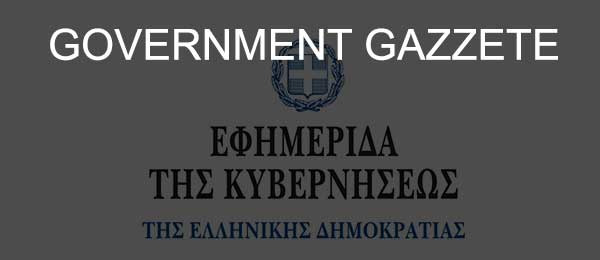
MSc PROGRAM DETAILS
CURRICULUM
The Curriculum consists of two semesters of courses and one semester for the preparation of the M.Sc. Thesis. During the Fall semester the students must attend and successfully participate in the exams of three compulsory courses (Electromagnetism I, Quantum Mechanics I and Statistical Physics), as well as in an optional compulsory course, from a pool of courses offered in the first semester (Theoretical Mechanics, Interaction of Ionizing Radiation with Matter, Experimental Methods in Condensed Matter Physics and Optoelectronics I, Quantum Field Theory I).During the Spring semester the students must attend and successfully participate in the exams of a compulsory course (Quantum Mechanics II), as well as, in three optional compulsory courses, from a pool of courses offered in the second semester (Electromagnetism II, Environmental Radioactivity, Elementary Particles, Nuclear Physics, Mathematical Methods of Physics, Laser Physics, Experimental Methods in Condensed Matter Physics and Optoelectronics II, Quantum Field Theory II, Condensed Matter Physics, Fusion Reactors, Instrumentation, General Relativity).
EXAMINATION SYSTEM & GRADES
The students who attend the program are evaluated by their participation in the course, by doing homework and completing assignments that they are obliged to present and by a final exam. The final grade is calculated as follows: In 2/3 from the grades of the 8 courses of the study cycle and in 1/3 from the postgraduate thesis which the students present in public, completing their studies in the M.Sc. program ‘Physics and Technological Applications’.
CREDITS
All the courses of the program are equivalent and their teaching corresponds to 4 hours on a weekly basis (with the exception of the laboratory courses), for a semester of 13 weeks. Each course corresponds to 7.5 ECTS, both semesters to 60 ECTS (30 ECTS per Fall and Spring semester respectively), the M.Sc. thesis to 30 ECTS and the whole program to a total of 90 ECTS.
TUITION & FUNDING
This M.Sc. program is free for all students. The only source of funding is the NTUA Regular Budget, via the postgraduate study support code of SAMPS, which is the coordinating School. Moreover, an effort is made to establish scholarships for students who will achieve the best performance in the courses of each academic year. This offer of SAMPS enables the students not to be financially burdened and to be able to immerse themselves in the field of Physics without any further distractions.
More than 320 Students have attended our MSc Program until now
Express your Interest


